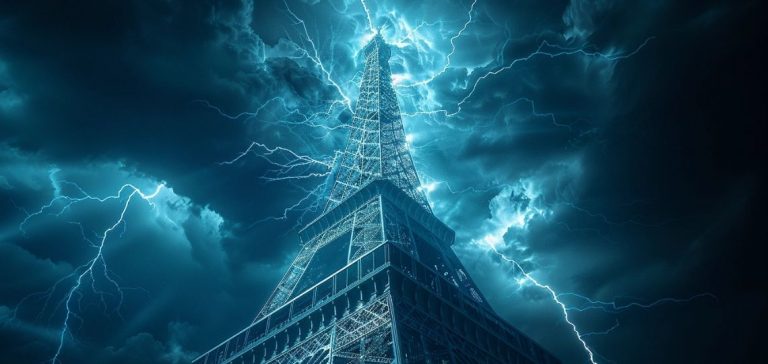Radioactive surge protectors, devices designed to protect against electrical surges, are at the center of a judicial investigation in Paris. Associations and former Orange employees accuse the company of exposing its workers to radioactive substances over several years.
Since mid-2019, an initial complaint in Clermont-Ferrand has led to an investigation conducted by OCLAESP (Observatory for the Fight Against Workplace and Environmental Accidents in Seine-et-Marne). This procedure was transferred to Paris, where an investigating judge is examining allegations of long-term exposure to radioactive elements.
Progress of the Investigation
According to a judicial source, a note from the labor inspectorate dated October 2019 outlined the initial concerns regarding the surge protectors. In 2020, the Nuclear Safety Authority (ASN) stated that workers’ exposure to ionizing radiation was “very low.” However, ASN also indicated that it was impossible to guarantee the complete absence of health effects from low-dose radiation exposure.
In October 2023, the plaintiffs renewed their request for the appointment of an investigating judge, leading to the official opening of a judicial inquiry on March 26. This procedure aims to assess the working conditions and risk management related to radioactive surge protectors at Orange.
Orange’s Reactions
Orange responded by asserting that comprehensive studies have demonstrated that exposure levels were well below regulatory limits. The group also claims to have implemented a secure removal plan for the surge protectors, in collaboration with the National Agency for Radioactive Waste (ANDRA) and under the supervision of ASN.
Despite these assurances, the plaintiffs remain skeptical. Me François Lafforgue, lawyer for the concerned associations, hopes that the investigation will shed light on responsibilities and ensure better protection for employees.
History of Surge Protectors at Orange
Surge protectors were widely used across the French network from the 1940s until their ban in 1978. These devices contained radioactive elements such as radium-226, tritium, and thorium-232. Their removal began in the early 2000s, but according to the complaint, this process was not carried out adequately.
In 2008, the CGT (General Confederation of Labor) highlighted the absence of a plan for the recovery and proper disposal of radioactive elements. Additionally, in 2009, the CHSCT (Committee for Hygiene, Safety, and Working Conditions) of a France Télécom unit based in Riom-ès-Montagnes observed an increase in cancer cases among employees handling these surge protectors without adequate protection.
Consequences and Follow-up of the Investigation
The current investigation aims to determine whether Orange failed in its safety and prevention obligations. If any shortcomings are proven, the company could face legal and financial sanctions. The plaintiffs also hope that this case will further raise awareness among companies about the risks associated with old electrical equipment.






















